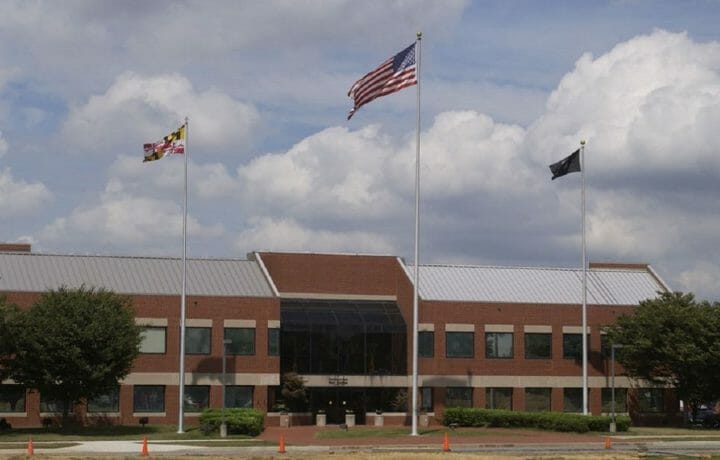Late last week we learned, in an embarrassing turn of events, the U.S. Army Medical Research Institute of Infectious Diseases (USAMRIID), had its research put on hold following a visit in June 2019 by the Center for Disease Control and Prevention (CDC), who inspected the USAMRIID level 3 and 4 laboratories and found them to not meet biosafety standards. Not what one wants to hear, given USAMRIID’s role in creating defensive mechanisms against other nation’s biological weapons.
The CDC and USAMRIID were both quick not to note that “no infectious pathogens, or disease-causing material” were found outside of the laboratories where research or storage was expected.
Fort Detrick’s mission when created during World War II was to research and develop biological weapons. In 1969, during the Nixon administration, USAMRIID was ordered to cease offensive biological weapons research and focus on defensive mechanisms.
According to USAMRIID, the CDC suspension effectively halted all biological select agents and toxin research at USAMRIID. Failure to “follow local procedures and lack of periodic recertification training for workers in the biocontainment laboratories,” as well as the failure of the wastewater decontamination system were key to the CDC’s decision to issue the suspension.
The suspension affects research being conducted on:
- Bio-level 3 lab research
- Agents known to cause tularemia (deer fly or rabbit fever)
- The plague (bacteria Yersinia pestis)
- Venezuelan equine encephalitis
- Bio-level 4 lab research
- Ebola virus
This is not the first time Fort Detrick and the USAMRIID has been in the soup with CDC for failure to maintain biosafety standards. In 2013 multiple researchers were exposed to “burkholderia mallei,” a bacteria which was used as a biological weapon during World War II.
In 2014 a microbiologist working on “Venezuelan equine encephalitis” used the wrong tubes which exploded within a centrifuge. When turned into an aerosol, the Venezuelan equine encephalitis has the potential to become a biological weapon.
In addition, USAMRIID has been called on the carpet by Senator Chris Van Hollen (D-MD) for an apparent lack of disclosure beyond the obligatory disclosures to local officials, which resulted in the senator learning of the closure of the USAMRIID labs via media, and not via the U.S. Army.
Accidents do happen. It is for this reason that biosafety standards, processes and procedures exist. While these do not reduce the risk to zero, they are a very large step toward making the research environment safer. The USAMRIID is working diligently to continue to support their external contracts while their laboratories are off-line.


